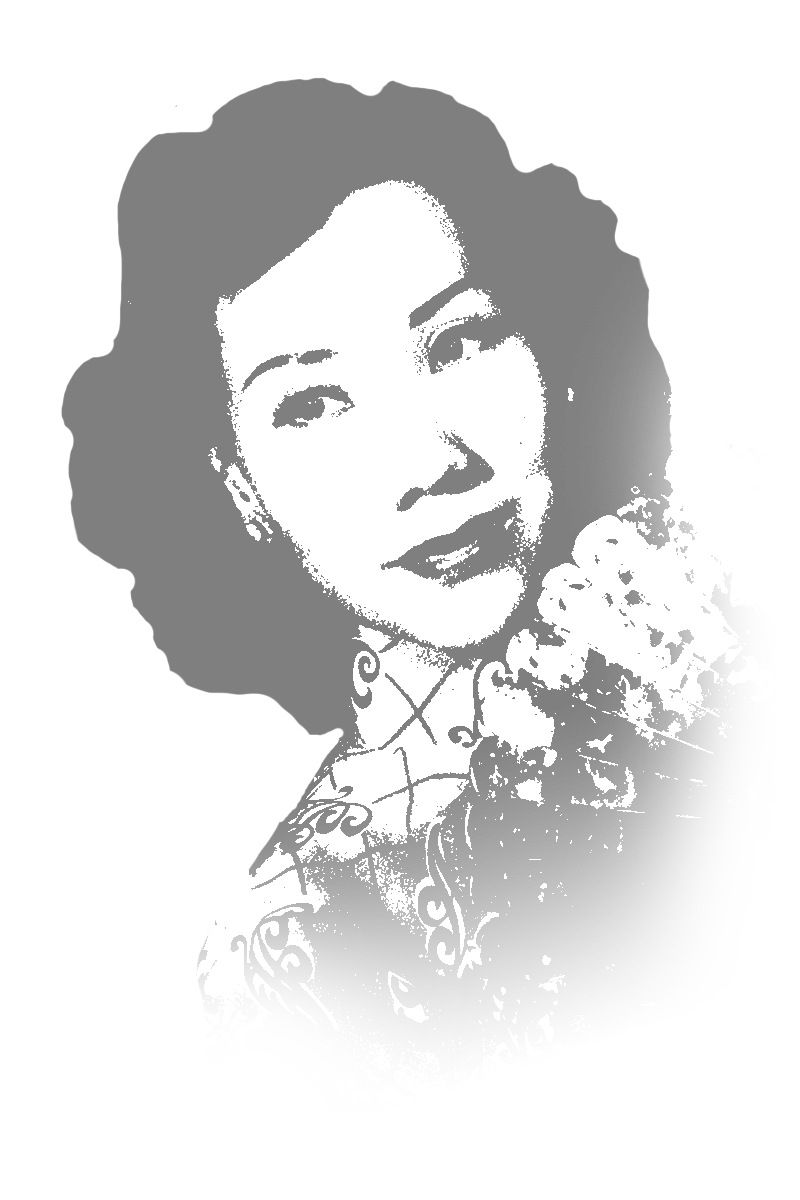黃曼梨女士
1913-1998
演員
黃曼梨原名黃文素,又名黃蘭因。早年有「悲劇聖手」之稱。少時立志當演員,1930年向上海暨南影片公司自薦並成功加入影壇,以藝名黃曼麗參演《火燒白雀寺》(1930)、《江湖二十四俠》等默片。於暨南約滿後回港,加入聯華影業製片印刷有限公司港廠,與吳楚帆合演《古寺鵑聲》、《夜半槍聲》(1932)等默片。聯華結束後,又參演聲片《昨日之歌》(1935)和抗日電影《人生曲》(1937)等。雖然黃曼梨從默片到粵語片曾飾演多個不同類型的角色,但以惡家姑的形象最深入民心,演出作品逾300部,代表作有《敗家仔》(1952)、《苦海明燈》(1953)、《原野》(1956)、《吸血婦》(1962)、《瘋婦》(1964)等。她亦是「粵語片清潔運動」發起人和中聯電影企業有限公司股東之一,更曾任華南電影工作者聯合會兩屆理事長。1967年演畢《矇查查的愛情》(1967)後,因健康問題退休。1971年黃曼梨先後加入電視廣播有限公司及麗的電視演出多部電視劇。1995年,黃曼梨獲香港電影金像獎頒發終身成就獎。
Ms Wong Man Lei
1913-1998
Actress
Also known as Wong Man So and Wong Lan Yan, actress Wong Man Lei was hailed as “the Divine Star of Tragedies” in the early years of her career. In 1930, she became a trainee actress at Jinan Film Company in Shanghai and appeared in silent films Burns the White-Bird Temple (1930) and 24 Heroes (1930). Two years later, Wong joined United Photoplay in Hong Kong and was cast alongside Ng Cho Fan in silent productions Gunshot at Midnight (1932) and Cry of the Cuckoo in the Temple (1932). After the dissolution of United Photoplay, she made sound films Yesterday’s Song (1935) and Song of Life (1937) for other studios. Although Wong had proved her mettle in an array of roles spanning around 300 films, she was best known for her portrayals of obnoxious mothers-in-law and elderly women. Her more memorable works include The Prodigal Son (1952), A Son is Born (1953), Wilderness (1956), Vampire Women (1962), A Mad Woman (1964) and Confused Love (1967). Outside the studio, Wong was twice chief executive of the South China Film Industry Workers Union. She began acting in television dramas in the early 1970s, first for TVB and then RTV. Wong was honoured with the Lifetime Achievement Award at the Hong Kong Film Awards in 1995.

